Igiugig Village Council President AlexAnna Salmon says her community – which is at the forefront of Alaska’s clean energy transition – looked to its roots to chart its future.
“We really love where we live – we’ve been living there for over 8,000 years,” AlexAnna told the audience at the U.S. Department of Energy Tribal Clean Energy Summit in February. She was invited to speak on the panel, “Tribal Clean Energy: Indian Country Leading the Way!”
AlexAnna is of Yup’ik and Aleut descent and grew up in Igiugig, a community of about 70 residents in their ancestral home where the Kvichak River flows from Lake Iliamna, before emptying into Kvichak Bay.
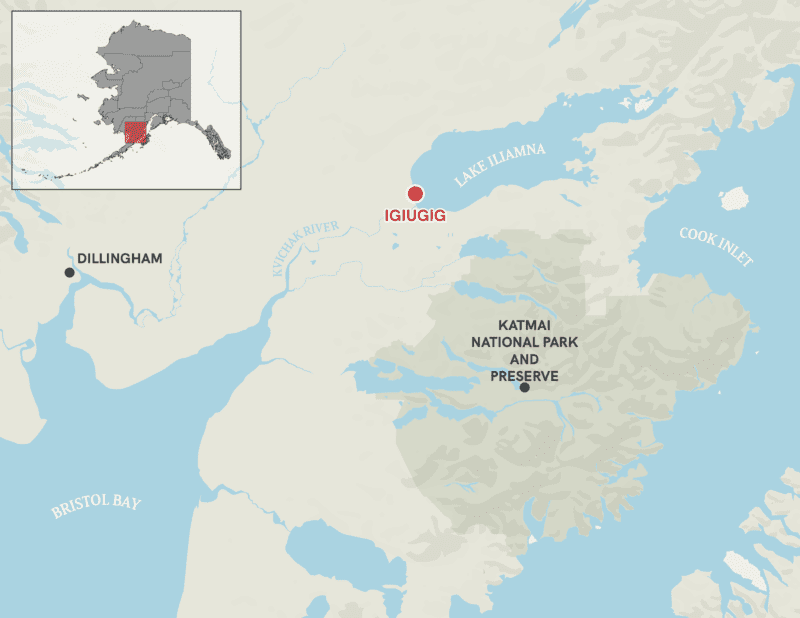
“Our keystone species are sockeye salmon and caribou,” she said. Indeed, Igiugig is part of the spectacular Bristol Bay watershed, home to the world’s largest intact sockeye salmon run.
The community saw a need to move beyond the diesel fuel that powers most remote Alaska villages. AlexAnna shared the community’s process with Tribal Clean Energy attendees. It started with love for Igyararmiut, the people of Igiugig – and especially its young people. “The community had to do some deep visioning: What do we need to be, to become a place where our young people want to remain?”
A key need was to address the high cost of living, she said, noting costs of around $1 per kilowatt-hour for electricity and $12 per gallon of gas. Everything has to be flown into the village on small planes, and the small runway cannot be expanded due to geographical constraints.
Further, the community’s bulk fuel farm – the large fossil-fuel reservoirs serving the village – was vulnerable: “Our bulk fuel farm is sitting at the headwaters of the last largest sockeye run on the planet… I watched our bulk fuel farm of 114,000 gallons nearly erode into the river overnight from the climate impacts.”
High costs, transportation challenges, and threats to the health and safety of their lands and waters motivated the community to transition to clean energy. “There are a lot of challenges but also it is the absolute land of opportunity. We thought, if we can prove our technology here, then it should be doable anywhere.”
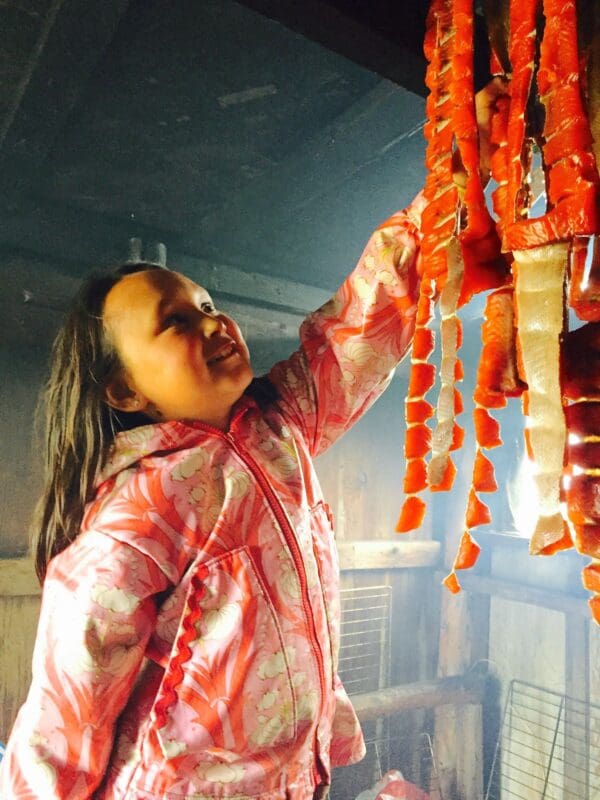 The Tribal Council engaged in a deep community planning process and developed energy transition goals through consensus – with history and identity at the heart of its process.
The Tribal Council engaged in a deep community planning process and developed energy transition goals through consensus – with history and identity at the heart of its process.
“Really it came from our cultural values. We want to live in place. Igiugig is where Lake Iliamna is swallowed by the Kvichak River and that’s where our people belong. In order to sustain that, we saw this transition as necessary.”
Through planning, determination, and a commitment to cultural values, the community is now using renewable energy to offset diesel use and is continuing on its clean energy path.
AlexAnna Salmon serves as Partner & Program Director for Bristol Bay Sustainable Communities at Alaska Venture Fund. Through her role, she is helping other communities in the region develop plans for a thriving future rooted in their Indigenous values.
Further reading:
Igiugig’s Journey to Sustainability, National Renewable Energy Laboratory, U.S. Department of Energy.
Alaskan Engagement at the 2024 Tribal Clean Energy Summit, Arctic Energy Office, U.S. Department of Energy.
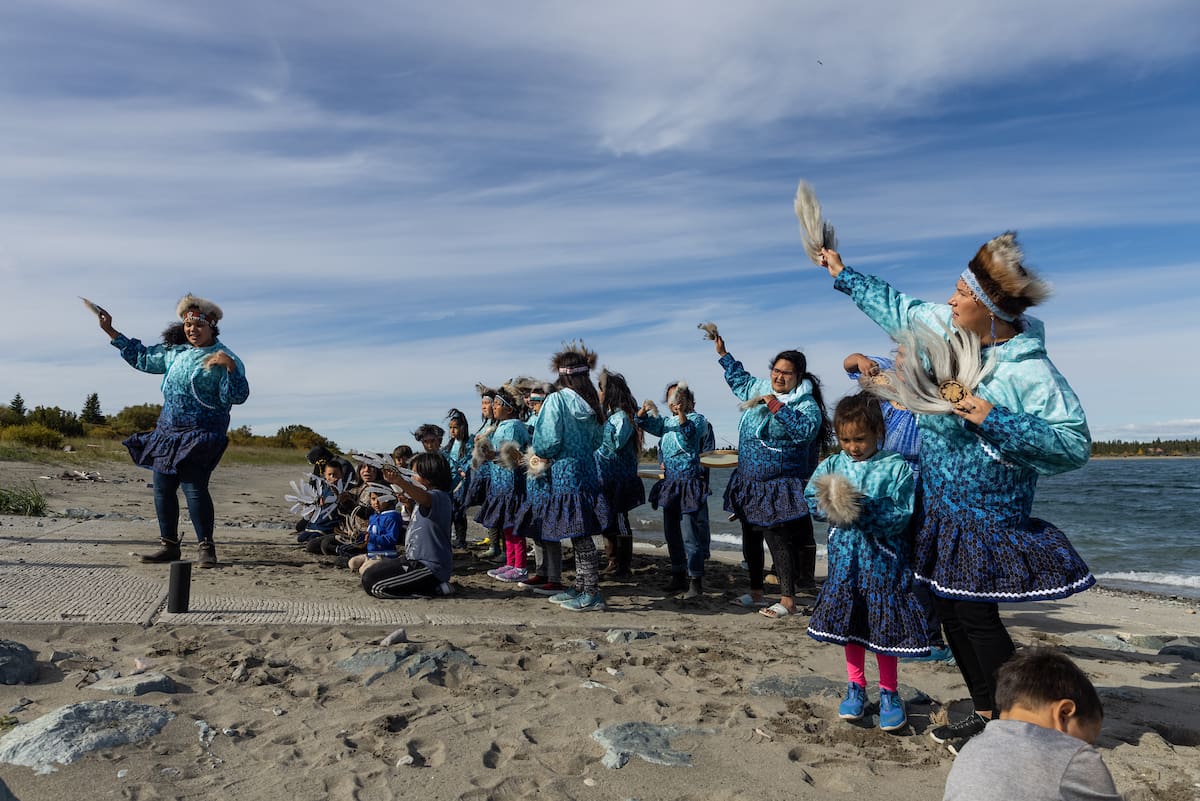
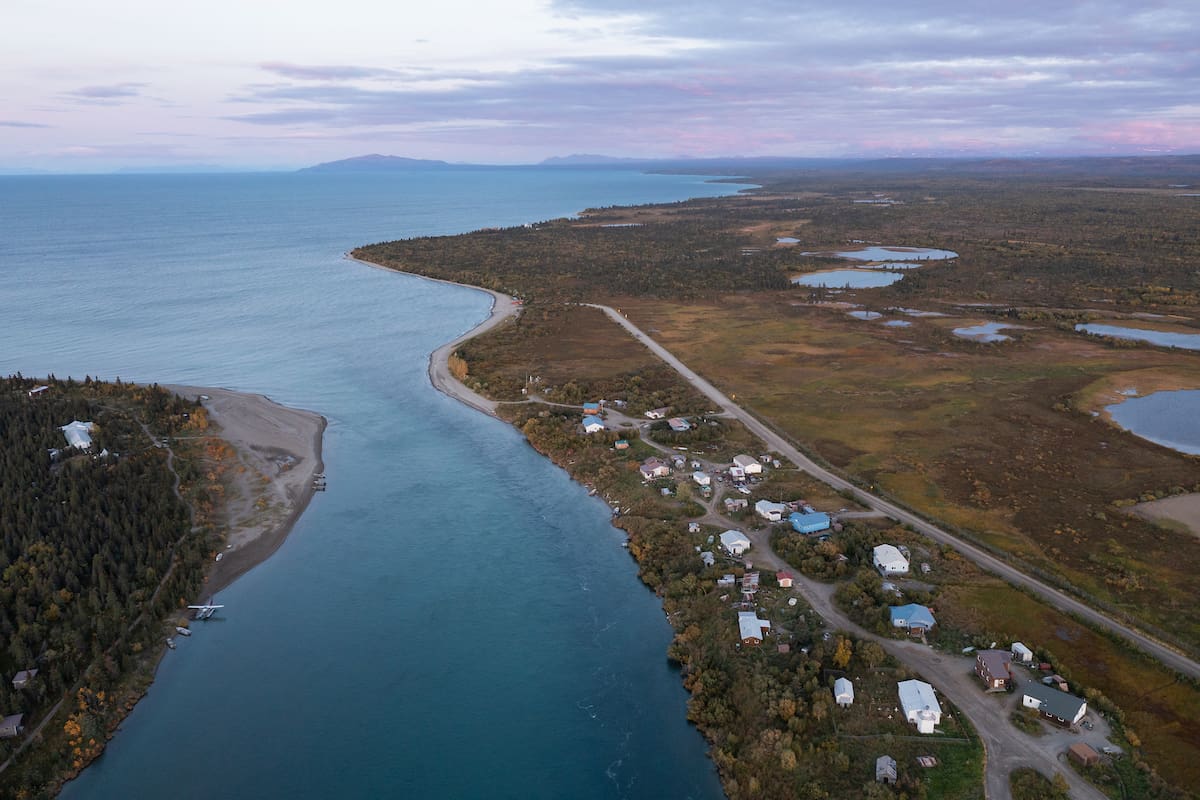
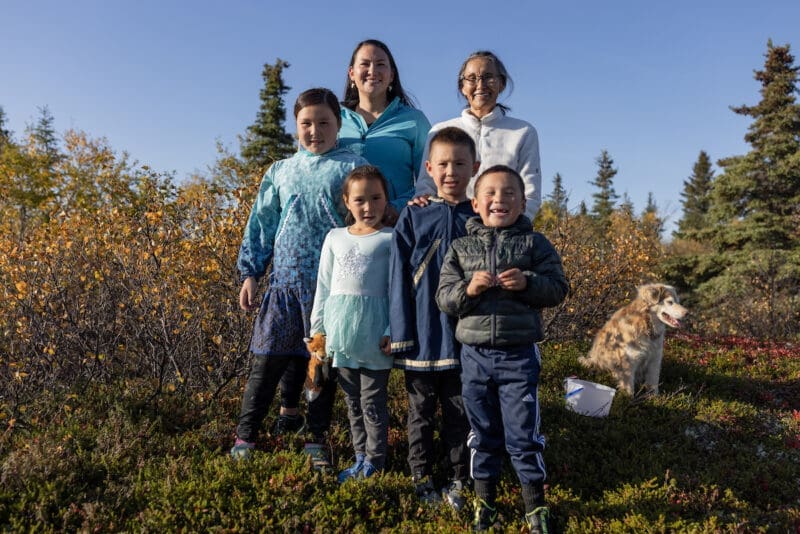

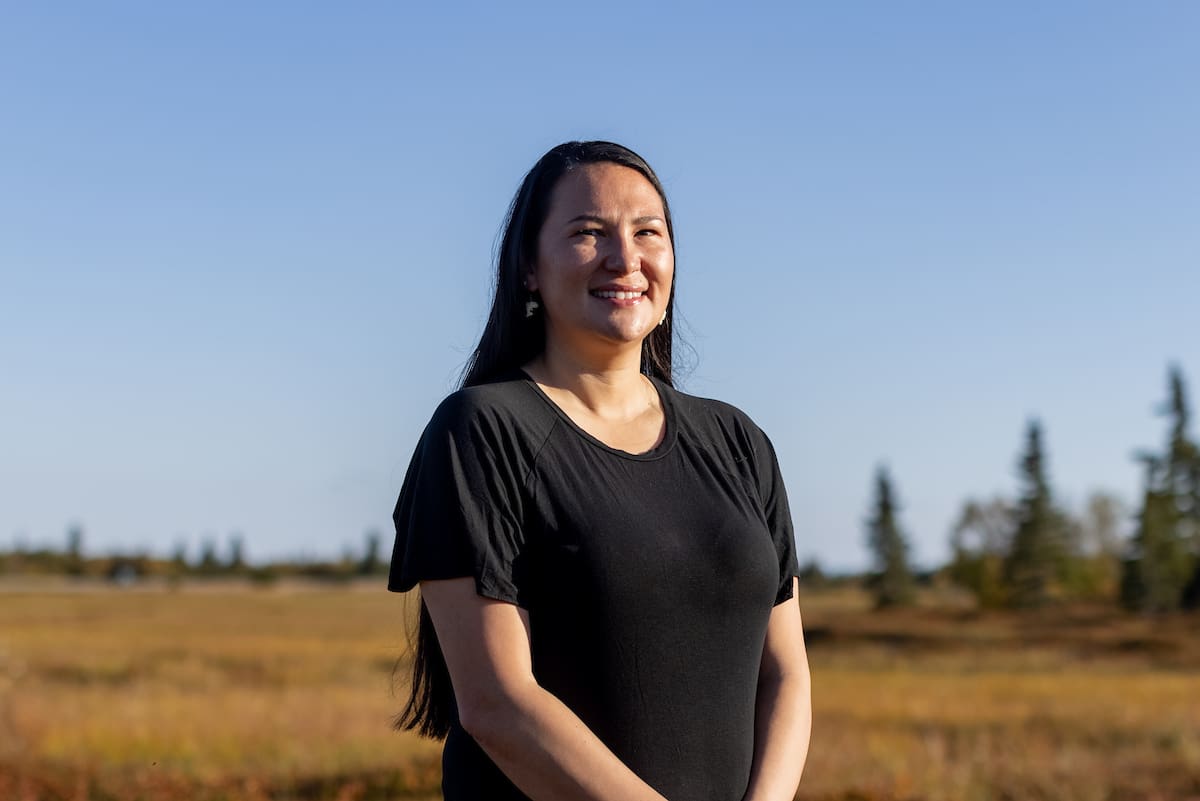
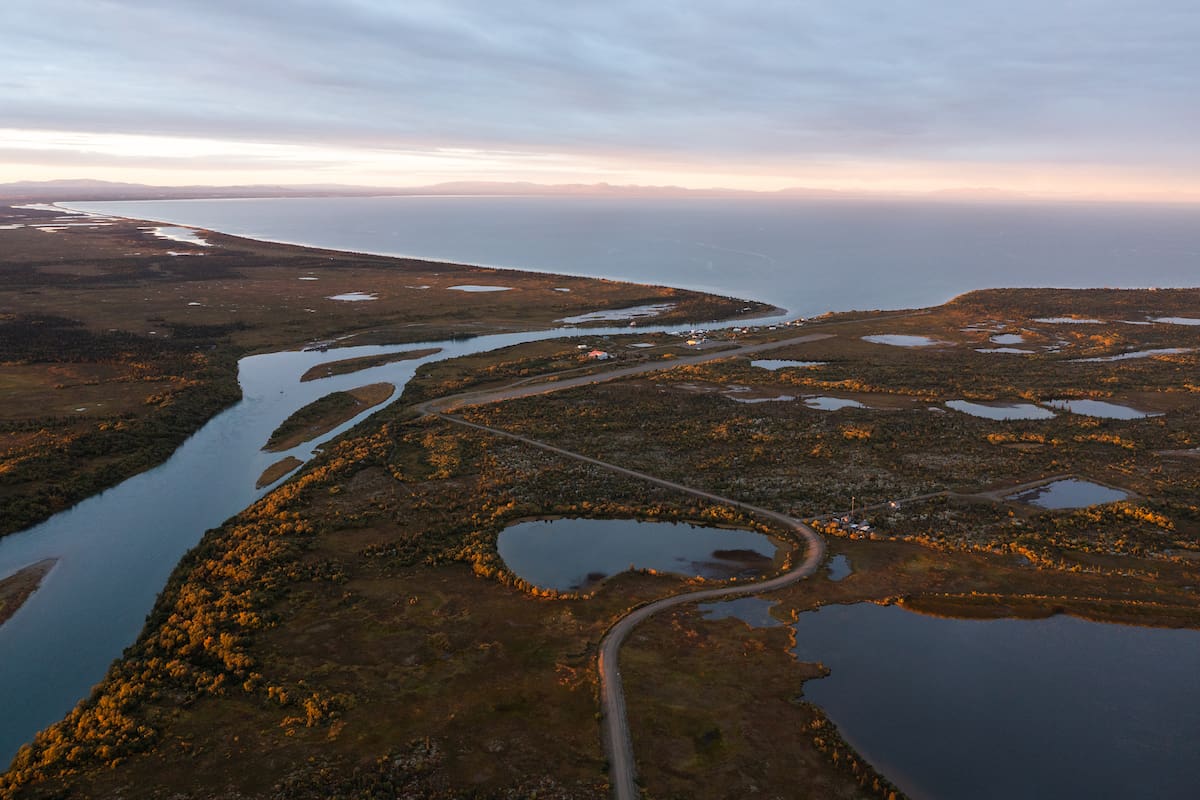
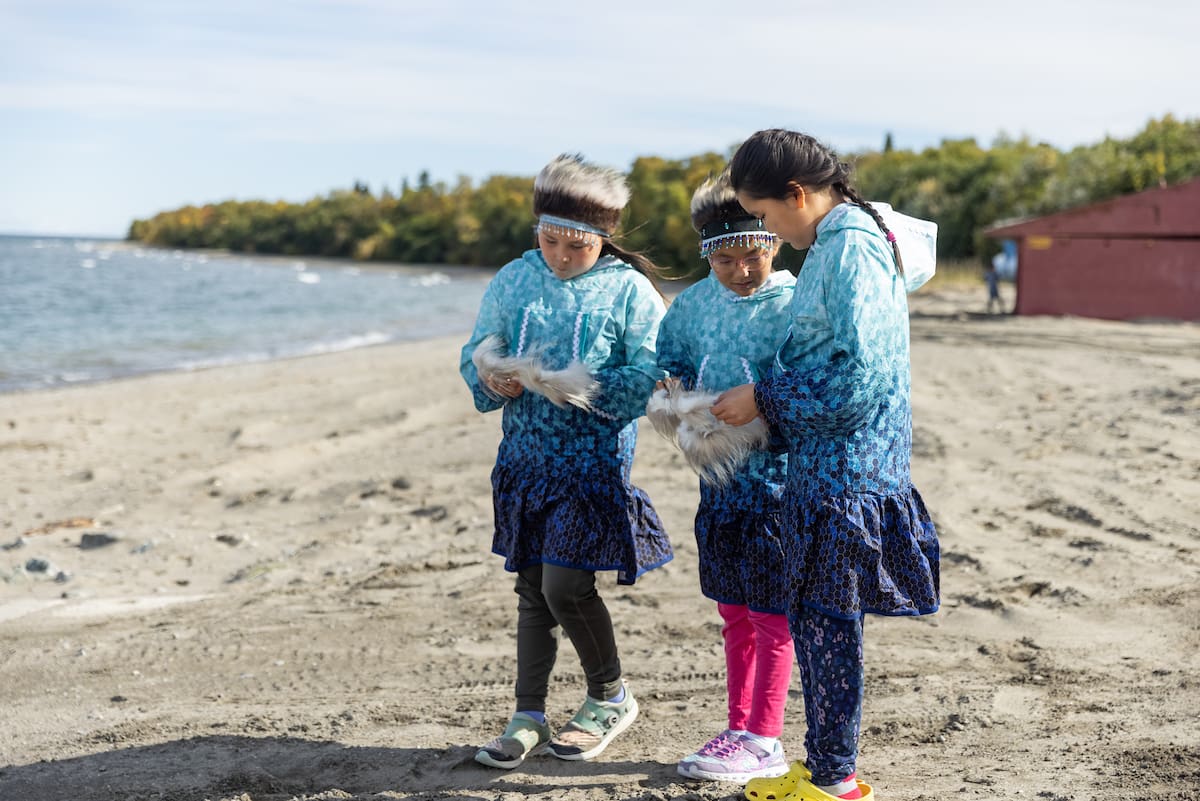
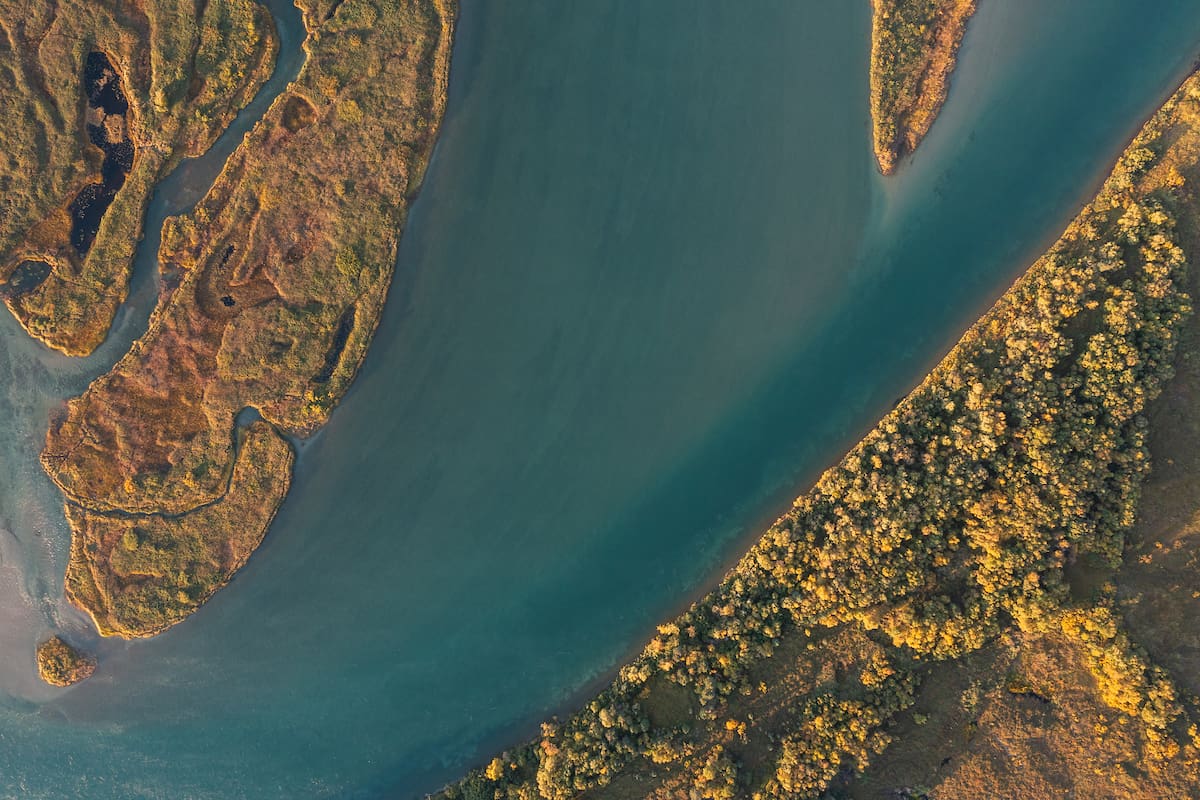
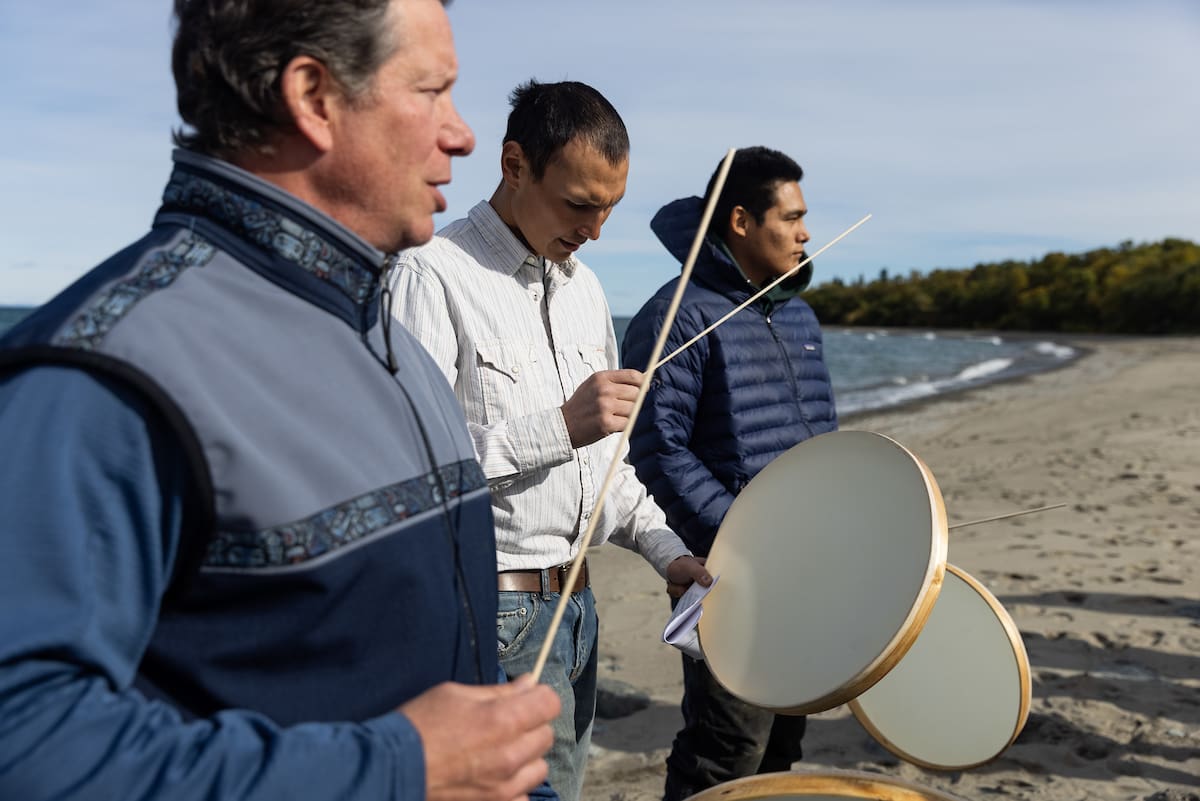
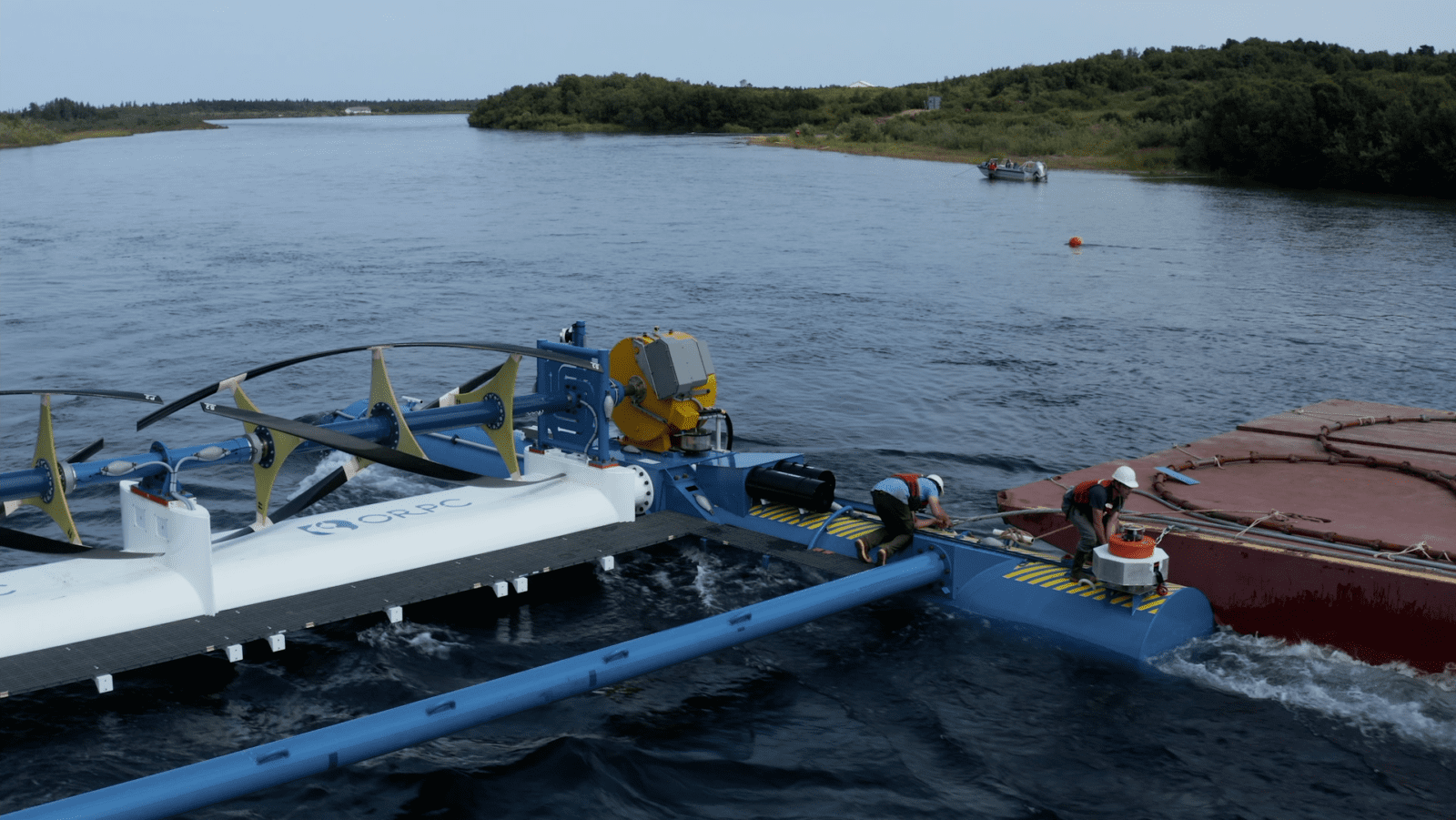
 The Tribal Council engaged in a deep community planning process and developed energy transition goals through consensus – with history and identity at the heart of its process.
The Tribal Council engaged in a deep community planning process and developed energy transition goals through consensus – with history and identity at the heart of its process.